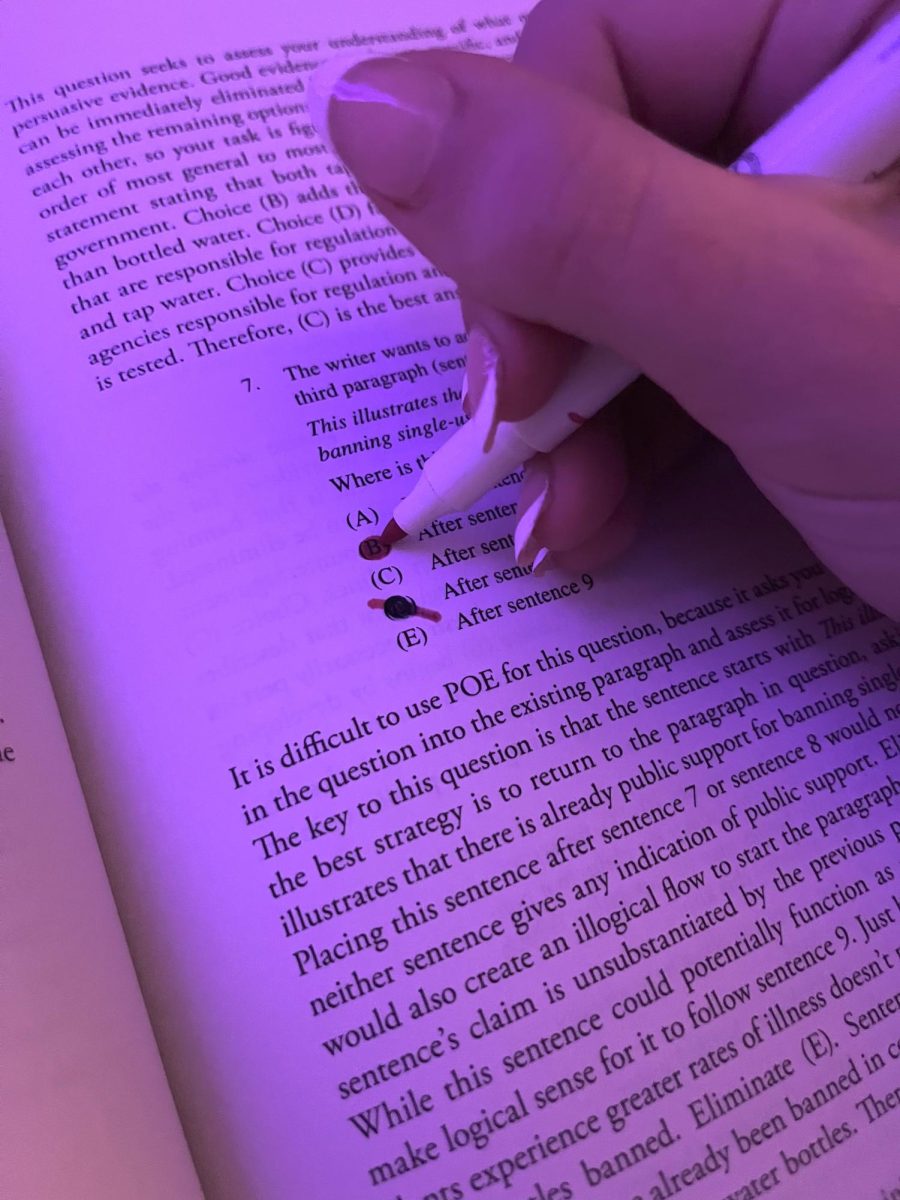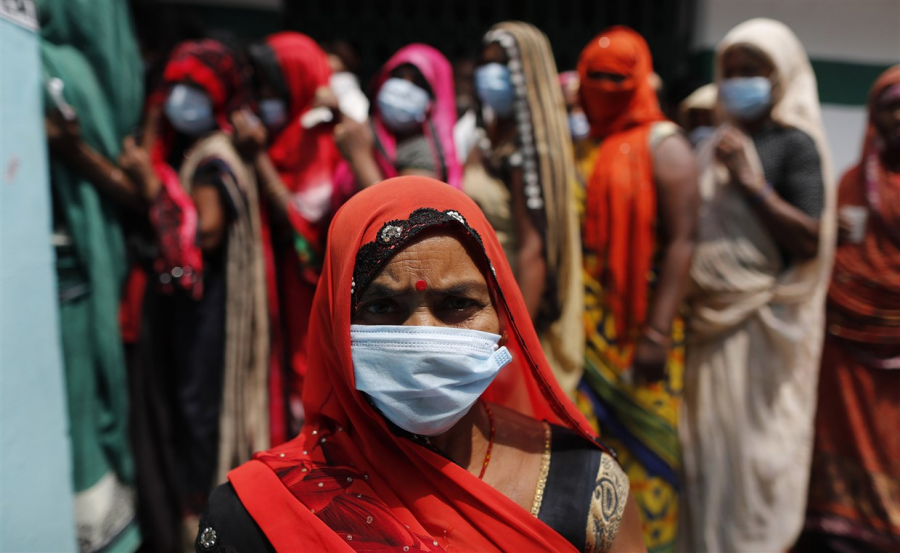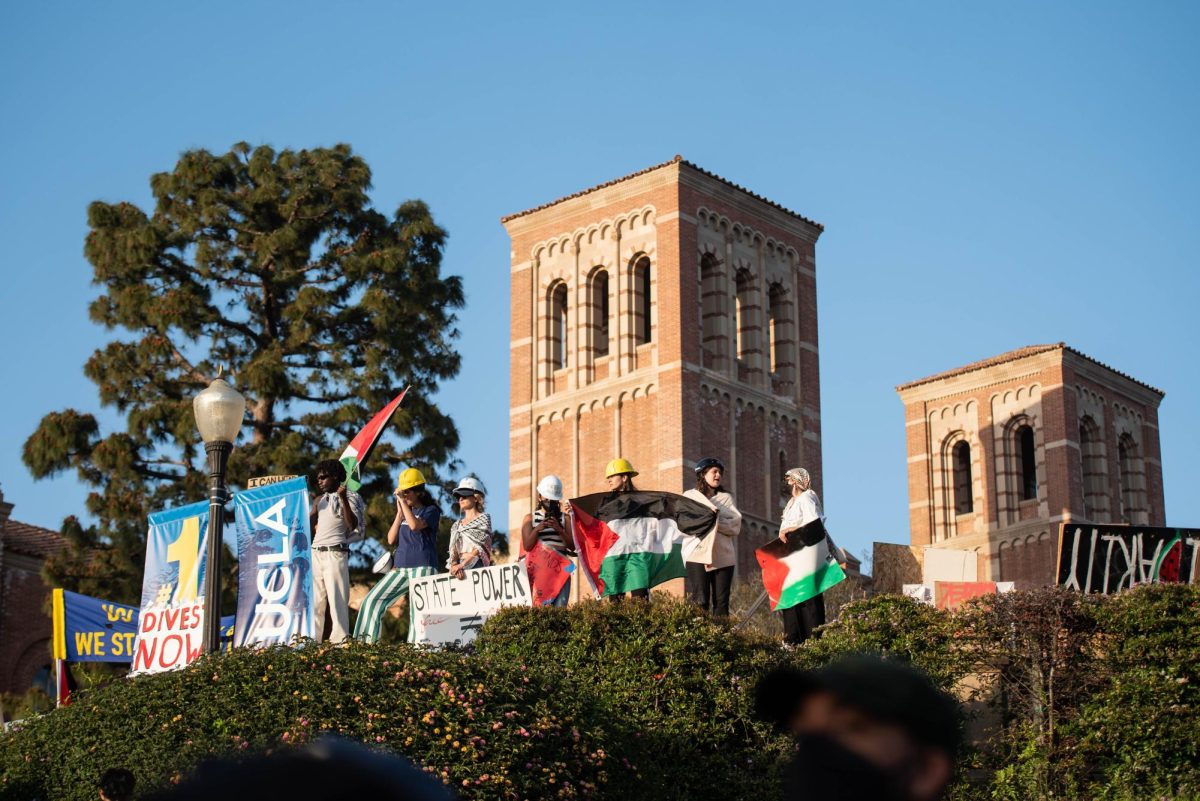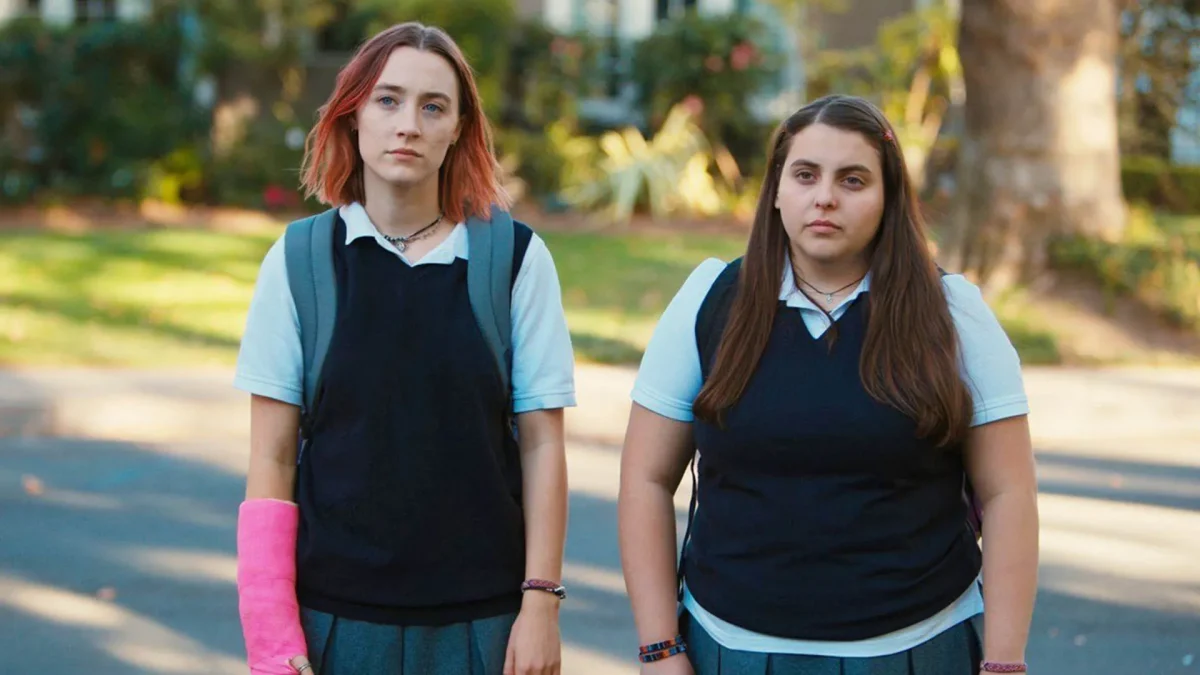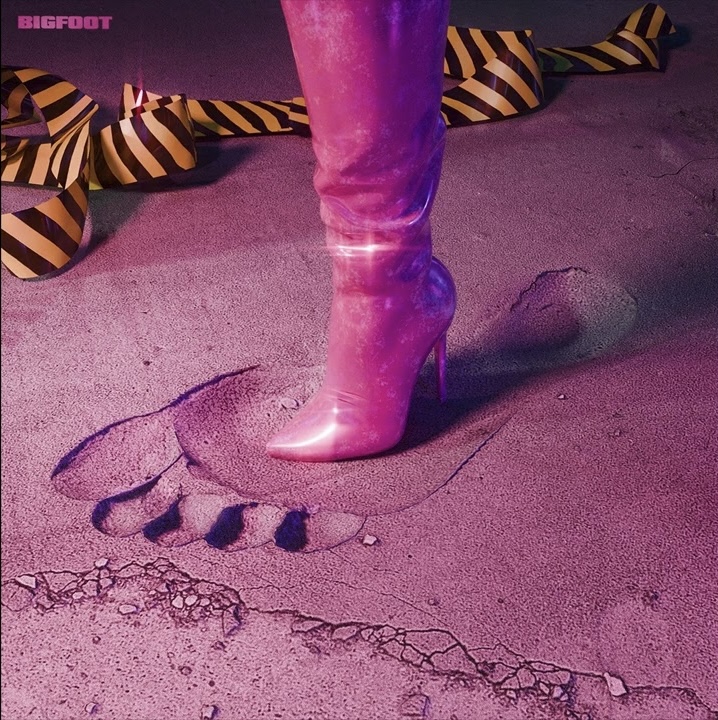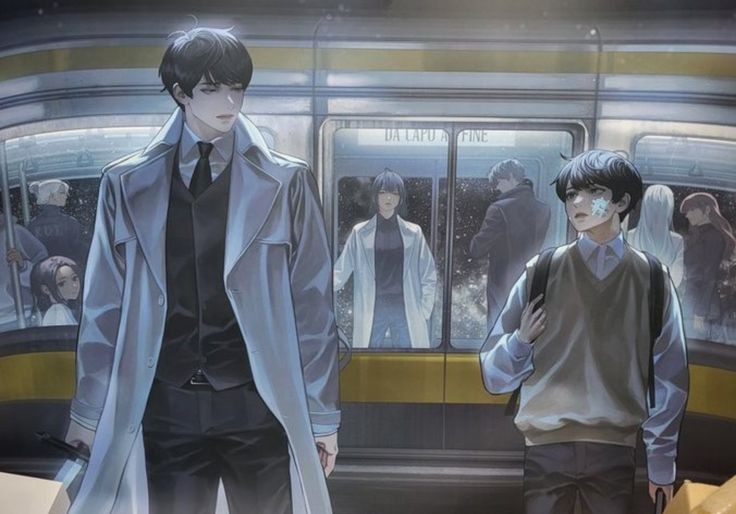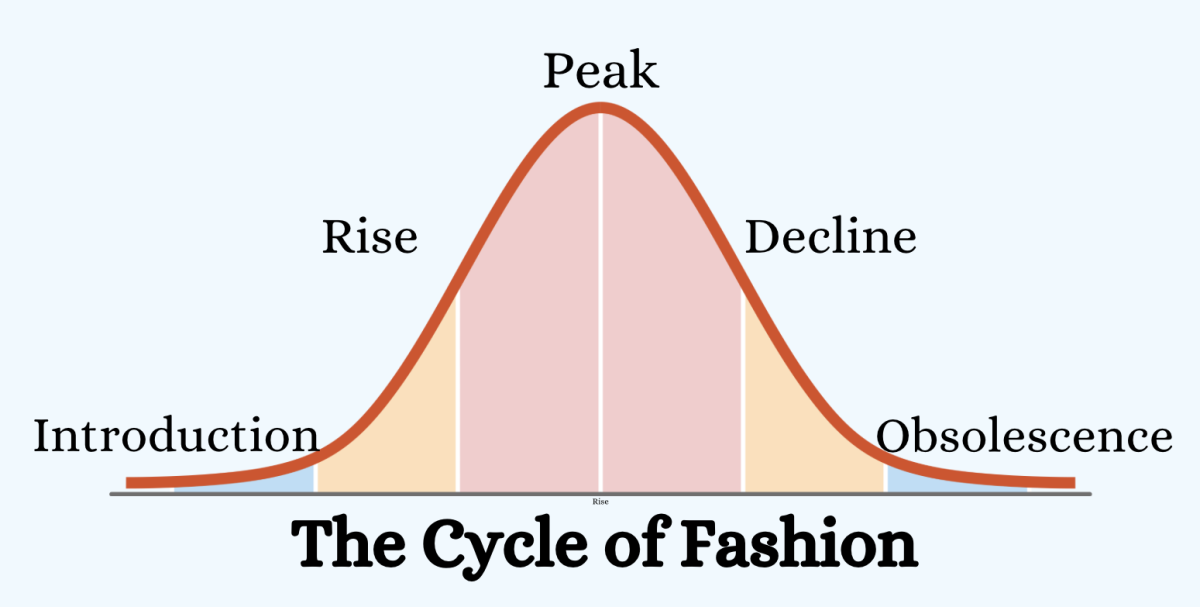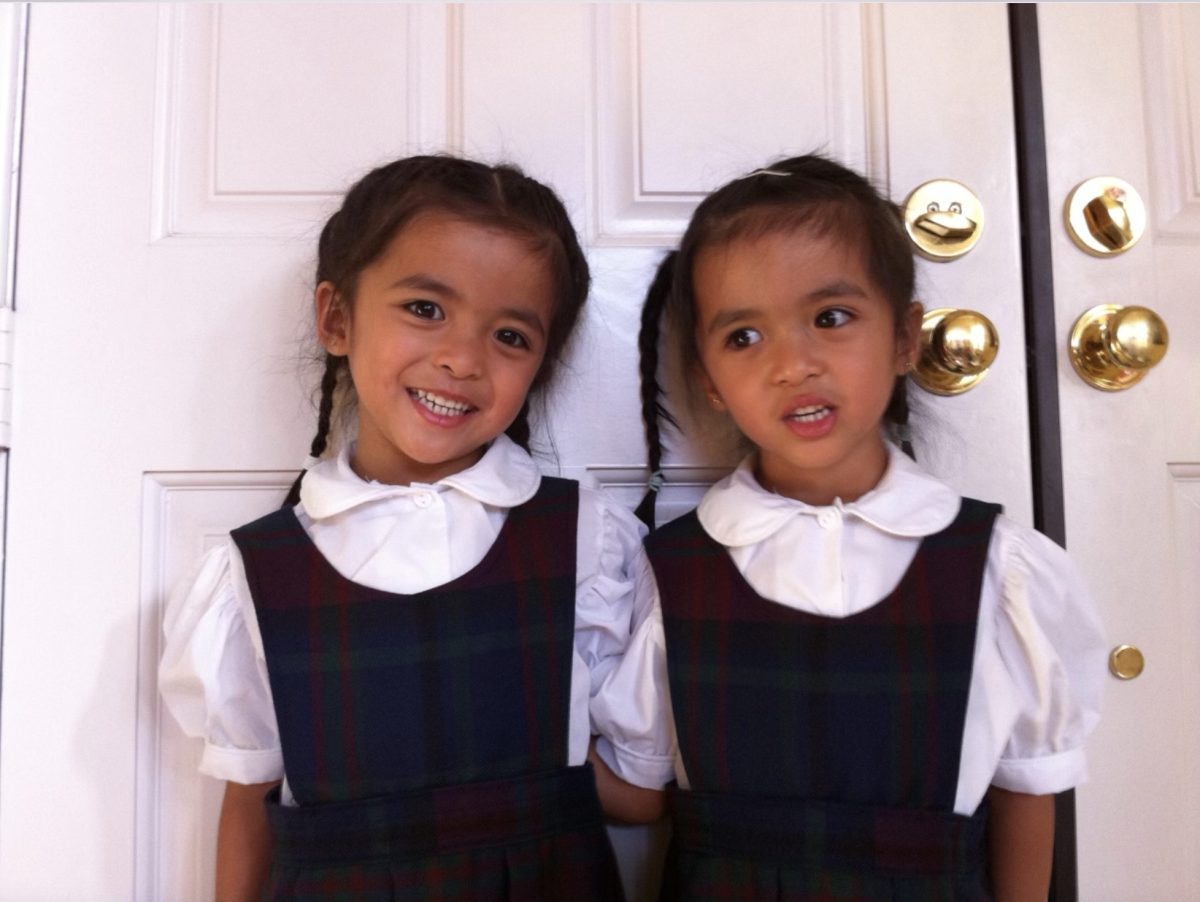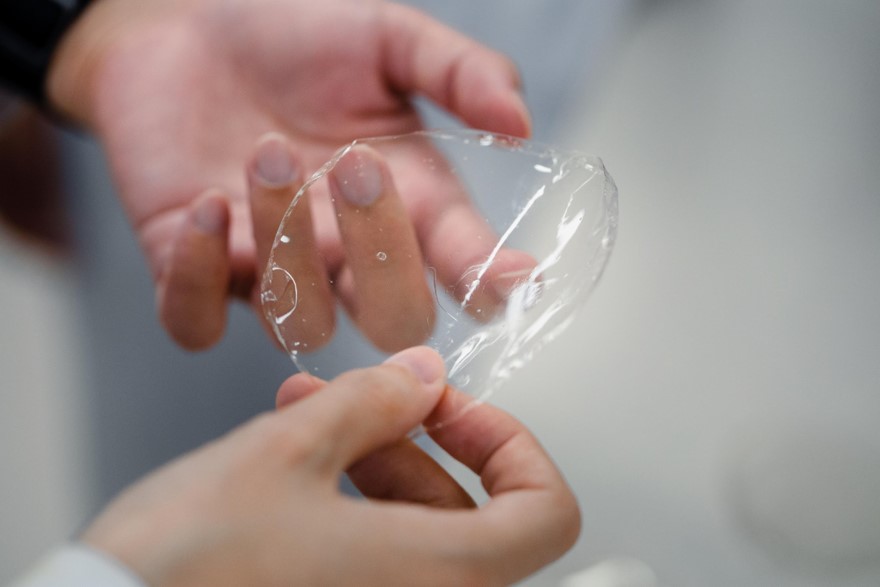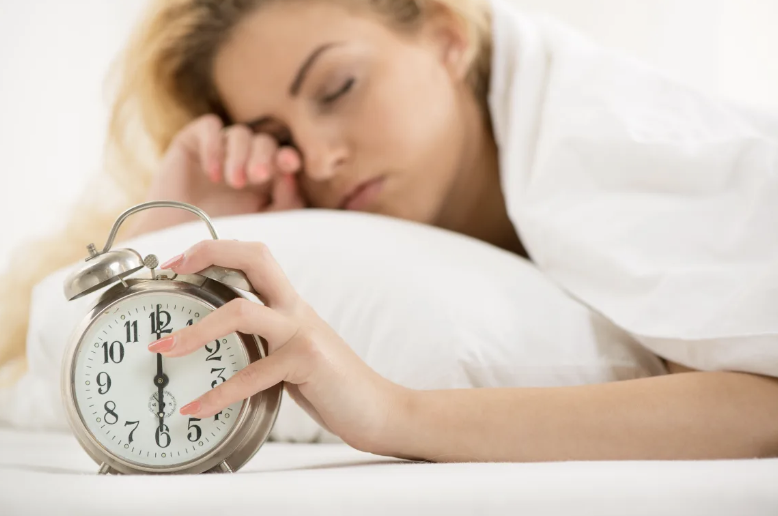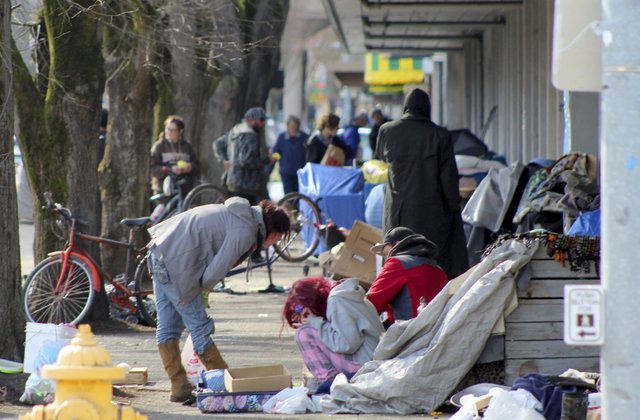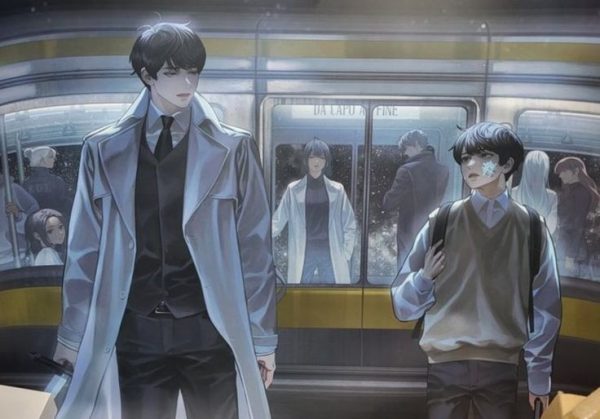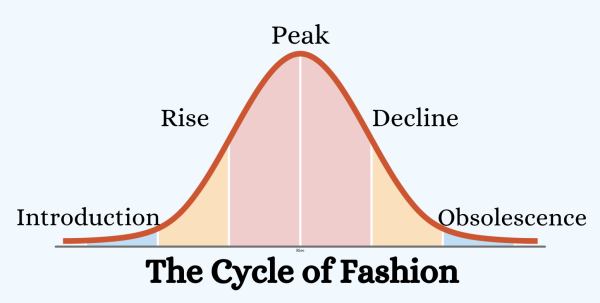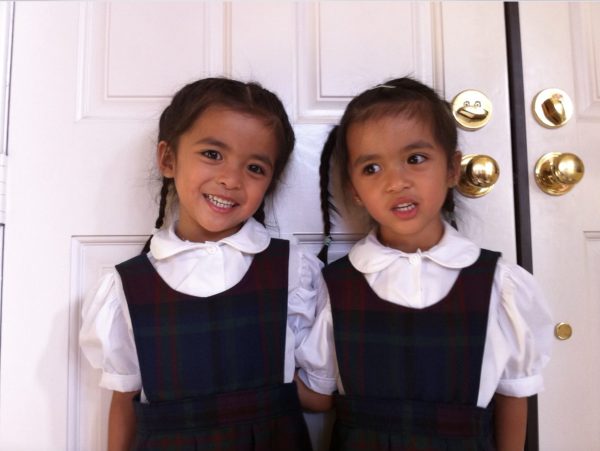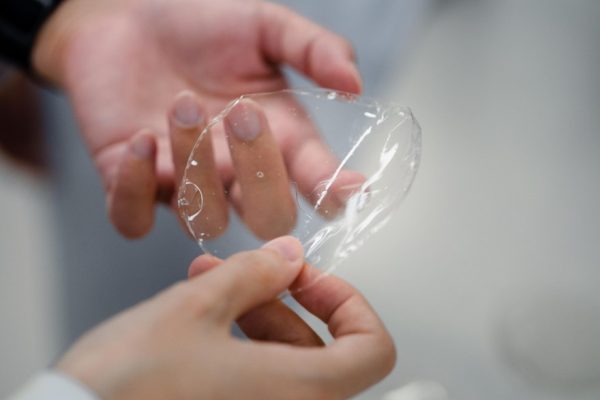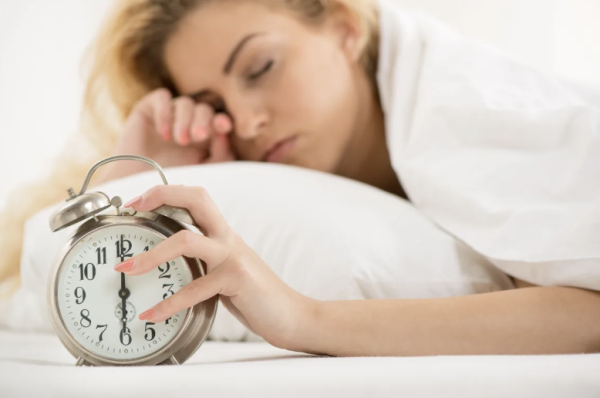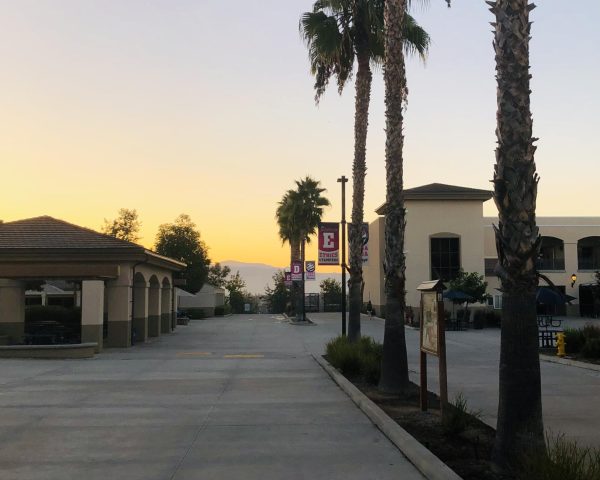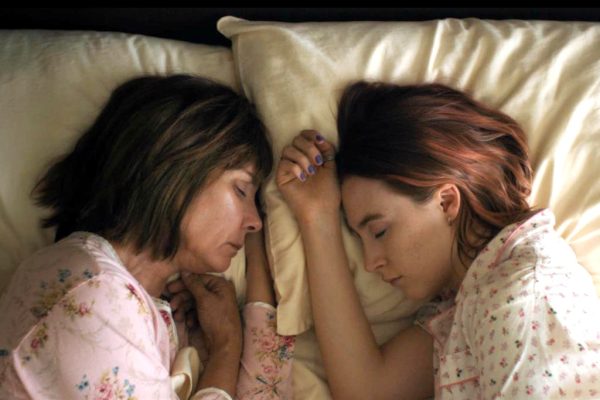The Inescapable Loop
The homeless and those living below the line of poverty struggle during this incredibly difficult time.
May 5, 2020
We are in the midst of a global pandemic. An infection that has swept our country while stealing the lives of our friends and family. Every person has been affected by COVID-19 in some form or another. But as the coronavirus continues to spread, the prevalence and destruction of our nation’s enormous economic inequality is becoming increasingly clear.
Poverty is a constant in our nation. It is a problem that leads to suffering and inequity, a problem that leads to many living in unbearable conditions while others live in luxury. But during a time of devastation and crisis, the polarizing nature of our economy has shown the extent of its injustice.
No, coronavirus is not prejudice in terms of who it will infect and who it will kill. But according to the New York Times, researchers suggest that “those in lower economic strata are likelier to catch the disease” as well as “likelier to die from it.” Low income families are forced to endure increased exposure and less opportunity for social distancing as a result of a need to continue working. Families living paycheck to paycheck cannot quarantine themselves and ignore their responsibilities. Despite poor working conditions, parents still need to provide while returning home where they are forced into an enclosed space with their children, therefore increasing the possibility of infection.
Not to mention that the three leading causes of coronavirus becoming deadlier, are old-age, preexisting medical conditions, and poverty. Those of lower economic status often develop chronic health problems earlier in life as well as lack the resources of seeking help upon infection. With that being said, the fatality of the virus is nearly doubled for those of lower socioeconomic status. Research done for influenza discovered that in the face of tragedy and an epidemic, poverty results in increased rates of transmission and mortality.
And beyond the way in which poverty has contributed to the spread of COVID-19, coronavirus has resulted in those of lower financial standing suffering immensely due to the loss of income or healthcare. As reported by the New York Times, only 47% of those whose income is in the bottom quarter are provided with paid sick leave at work while a whopping 26% of Americans opted to not have health care as a result of not being able to afford it. This unequal access to health care has led to an unbearably expensive obstacle for the poor. With this deepening gap between different economic groups, it is evident that the virus may be acting as a major driver “of right-wing populism, racial animosity and deaths of despair.” Poorer communities fall deeper into financial devastation, ignore isolation orders to receive a paycheck, and thus increase the spread of infection.
It’s a horrific and inescapable feedback loop, with the virus worsening economic inequality, and economic inequality accelerating the spread of the virus. The struggles that come with our polarizing “capitalistic” economy and the barriers that separate classes become evidently more destructive in the wake of devastation. Jayden Hawley (12) is one person who acknowledges how “COVID-19 is exasperating the socioeconomic divide that exists in our nation while that same divide is one of the key contributors to the spread of infection.”
Addressing the issues of poverty during a time of tragedy and working towards resolving this issue will not only benefit our fellow humans who are suffering right now, but positively impact our society in its entirety.




